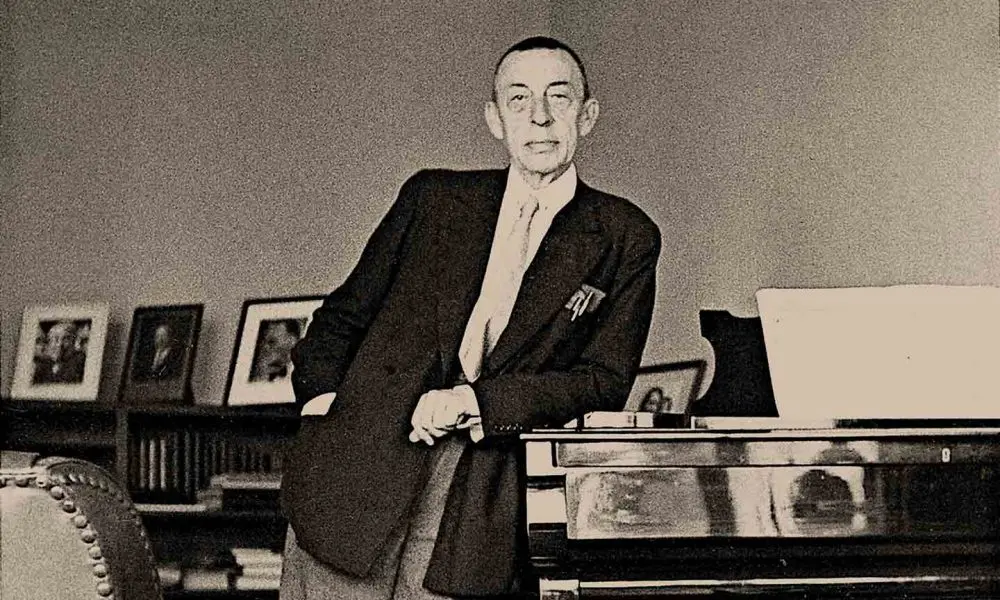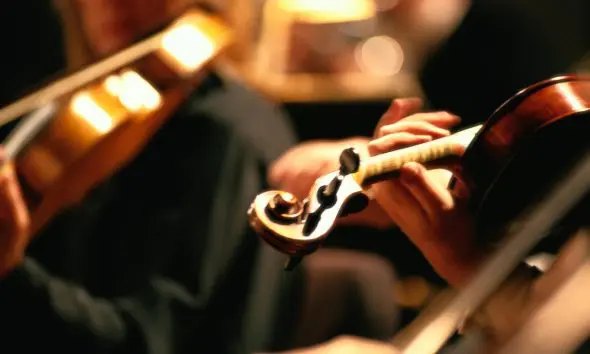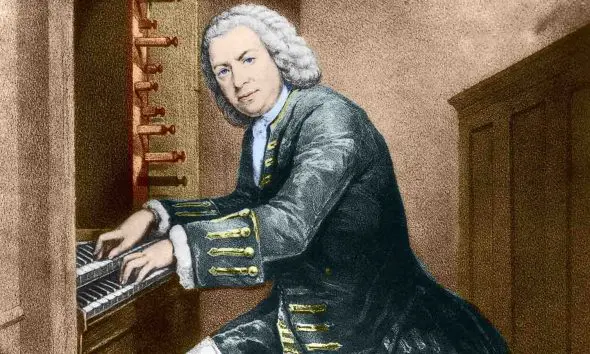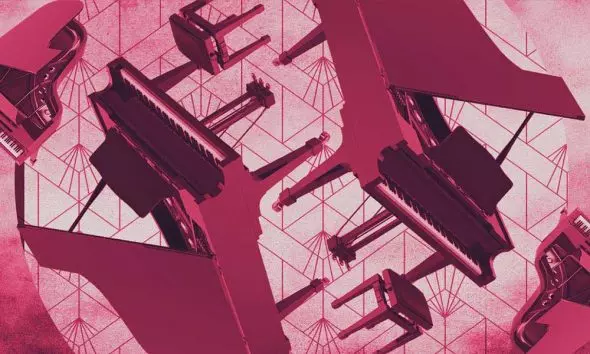Rachmaninov’s ‘Piano Concerto No. 2’: Masterpiece Guide
Discover the story behind Rachmaninov’s ‘Piano Concerto No. 2’ which is one of the greatest works in the piano repertoire.

Rachmaninov’s Piano Concerto No. 2 is one of the greatest works in the piano repertoire. Brooding, emotional, and passionate, there’s a reason why Rachmaninov’s mighty second Piano Concerto is the go-to score of choice for the movie business, born romantics, and pianists who want to seriously impress. Scroll down to discover the story behind Rachmaninov’s romantic Piano Concerto No. 2, which premiered with the composer as soloist on November 9, 1901.
Listen to our recommended recording of Rachmaninov’s Piano Concerto No. 2 performed by Daniil Trifonov, featured on his album Destination Rachmaninov: Departure, on Apple Music and Spotify.
Why the name?
Well, it’s pretty obvious. Rachmaninov published his first piano concerto in 1891, aged just 18. This concerto, his second, came later and was composed between 1900 and 1901. Interestingly though, while many piano concertos are dedicated to performers, conductors, or patrons, Rachmaninov’s Piano Concerto No. 2 is possibly unique in carrying an inscription to the composer’s hypnotherapist.
Need to know
Beset by depression after the disastrous premiere of his Symphony No.1 in 1897, Rachmaninov – then in his mid 20s – consulted Dr. Nikolai Dahl, a physician who was exploring the use of hypnosis. Rachmaninov later recalled, “I heard the same hypnotic formula repeated day after day while I lay half asleep in the armchair in Dahl’s study. ‘You will write a Concerto … You will work with great facility … It will be excellent.’ Although it may sound incredible, this cure really helped me. By the autumn, I had finished two movements of the Concerto.”
Fuelled by gratitude, renewed energy and perhaps the confidence imparted by Dahl’s treatment, Rachmaninov set about composing his second piano concerto, which would become one of the most popular of all his works. The second and third movements were premiered in 1900 and the complete Concerto, finished a few months later, premiered with the composer as soloist on November 9, 1901.
Can I play it?
Playing Rachmaninov’s Piano Concerto No. 2 is no laughing matter. Rachmaninov’s music is challenging to those with small hands, but equally problematic if your fingers are meaty; the filigree patterns require both a wide span and fine-tipped control. And war-horse crashing is the last thing it needs.
Rachmaninov’s own playing (he recorded many of his own works) is clear, poised and poetic rather than dramatic, let alone melodramatic; it’s interesting to see his early biographers commenting that unlike Tchaikovsky – whose successor he was widely expected to be in pre-Revolution Russia – he was a composer whose emotions remained relatively remote.
Where have I heard it before?
The work’s exceptional fame owes a fair bit to the 1945 film Brief Encounter, directed by David Lean and based on Noel Coward’s play. Celia Johnson and Trevor Howard are the star-crossed lovers who meet by chance at a railway station in a small, prim, and proper English town. Both married, with families, they fight their passion and their consciences, hidden behind the proprieties of convention. Lean employs Rachmaninov’s second Piano Concerto to say more about their true feelings than they do themselves.
Further film credits include William Dieterle’s September Affair (1950) and Clint Eastwood’s Hereafter (2010). Pop music has helped itself to the melodies too, with adaptations including Frank Sinatra’s “Full Moon and Empty Arms” (1945) and Eric Carmen’s “All By Myself” (1975).
Recommended Recording
Our recommended recording of Rachmaninov’s Piano Concerto No. 2 performed by Daniil Trifonov, is featured on Destination Rachmaninov: Departure, winner of the Concerto Award in the BBC Music Magazine Awards 2019.
“Trifonov is perhaps the most exciting pianist to have emerged internationally in the last 30 years, and peerless today as a Rachmaninov interpreter …this is one of the releases of the year.” – Andrew Clements, The Guardian





John Wallach
November 9, 2019 at 8:03 pm
You forgot the 1964 Peter Sellers movie “The World of Henry Orient” in which the second piano concerto figures heavily.